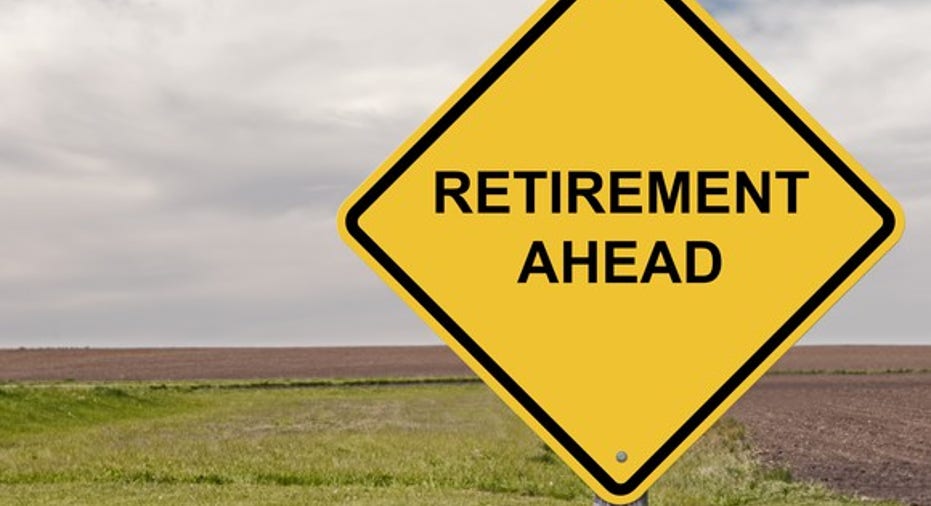Workers' Retirement Confidence Remains Below Pre-Recession Levels

The stock market is near record highs and the economy has been showing strength, but a long-running survey shows that workers' confidence in having enough to retire comfortably has stagnated since last year and remains far below where it stood before the recession.
The survey, released Tuesday by the nonprofit Employee Benefit Research Institute, shows that 60% of workers are very or somewhat confident in having enough, down from 70% in 2007, but up from 52% in 2012.
Over the past year, the percentage expressing confidence edged down slightly, from 64% to 60%. But since the 4 percentage point decline is close to the survey's 3% margin of error, confidence can be interpreted as having remained "basically flat," says Craig Copeland, a senior research associate at EBRI.
Published annually for the past 27 years, the survey of 1,671 American workers and retirees was conducted in January, as the U.S. stock market was surging toward a record high. But for workers, the effects of the recession continue to linger thanks in part to housing prices that haven't fully recovered in many markets, says Mr. Copeland.
As in past years, retirees express more confidence than workers do in having enough to live comfortably. In total, 79% of retirees say they are either very or somewhat confident, an all-time high that is up from 75% last year.
Mr. Copeland says workers are typically less confident than retirees because they face greater uncertainty. For example, people years from retirement don't know yet whether their health and job security will allow them to work as long as they would like to. They also face uncertainty with regard to stock and bond returns and Medicare and Social Security, which may be forced to cut benefits for future retirees due to projected insolvency, he says.
Other findings indicate Americans are in relatively better financial shape than they were just a few years ago:
-- 47% of workers report having less than $25,000 in total household savings and investments, excluding their homes, which is an improvement over recent surveys.
-- 24% of workers have less than $1,000 in savings, versus 26% in 2016 and 30% in 2012.
Write to Anne Tergesen at anne.tergesen@wsj.com



















